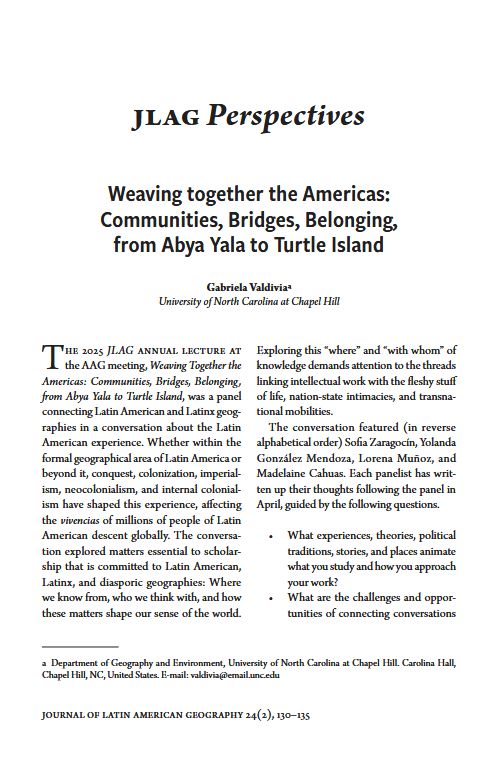
muse.jhu.edu/pub/15/artic...

muse.jhu.edu/pub/15/artic...
muse.jhu.edu/pub/15/artic...

muse.jhu.edu/pub/15/artic...
muse.jhu.edu/pub/15/artic...

muse.jhu.edu/pub/15/artic...
muse.jhu.edu/pub/15/artic...

muse.jhu.edu/pub/15/artic...
muse.jhu.edu/pub/15/artic...

muse.jhu.edu/pub/15/artic...
muse.jhu.edu/pub/15/artic...

muse.jhu.edu/pub/15/artic...
muse.jhu.edu/pub/15/artic...

muse.jhu.edu/pub/15/artic...
muse.jhu.edu/pub/15/artic...

muse.jhu.edu/pub/15/artic...
muse.jhu.edu/pub/15/artic...

muse.jhu.edu/pub/15/artic...
muse.jhu.edu/pub/15/artic...

muse.jhu.edu/pub/15/artic...
muse.jhu.edu/pub/15/artic...

muse.jhu.edu/pub/15/artic...
muse.jhu.edu/pub/15/artic...
muse.jhu.edu/pub/15/artic...
muse.jhu.edu/pub/15/artic...
muse.jhu.edu/pub/15/artic...




muse.jhu.edu/pub/15/artic...
muse.jhu.edu/pub/15/artic...
muse.jhu.edu/pub/15/artic...
muse.jhu.edu/pub/15/artic...
muse.jhu.edu/pub/15/artic...

muse.jhu.edu/pub/15/artic...
muse.jhu.edu/pub/15/artic...

muse.jhu.edu/pub/15/artic...
muse.jhu.edu/pub/15/artic...

muse.jhu.edu/pub/15/artic...
muse.jhu.edu/pub/15/artic...

muse.jhu.edu/pub/15/artic...
muse.jhu.edu/pub/15/artic...

muse.jhu.edu/pub/15/artic...
@jlatamgeog.bsky.social está orgullosa de anunciar la publicación del número 24(2).
@jlatamgeog.bsky.social tem orgulho de anunciar a publicação da edição 24(2).

@jlatamgeog.bsky.social está orgullosa de anunciar la publicación del número 24(2).
@jlatamgeog.bsky.social tem orgulho de anunciar a publicação da edição 24(2).
muse.jhu.edu/pub/15/artic...

muse.jhu.edu/pub/15/artic...
muse.jhu.edu/pub/15/artic...

muse.jhu.edu/pub/15/artic...
muse.jhu.edu/pub/15/artic...

muse.jhu.edu/pub/15/artic...
muse.jhu.edu/pub/15/artic...
muse.jhu.edu/pub/15/artic...

muse.jhu.edu/pub/15/artic...
muse.jhu.edu/pub/15/artic...
muse.jhu.edu/pub/15/artic...

muse.jhu.edu/pub/15/artic...
muse.jhu.edu/pub/15/artic...

muse.jhu.edu/pub/15/artic...
muse.jhu.edu/pub/15/artic...

muse.jhu.edu/pub/15/artic...

